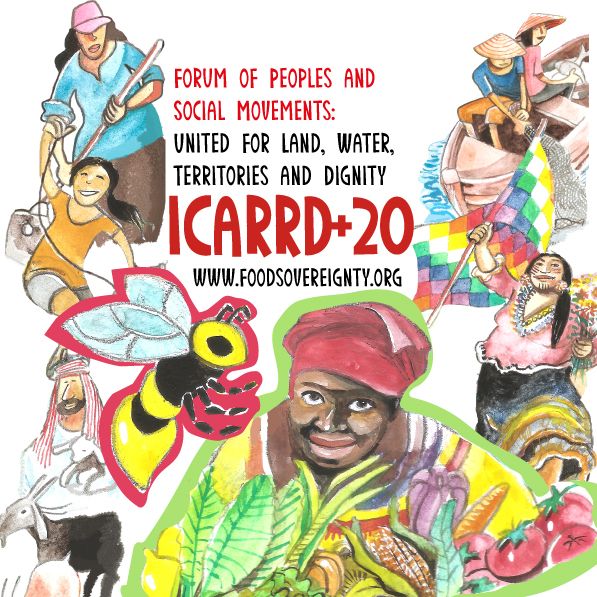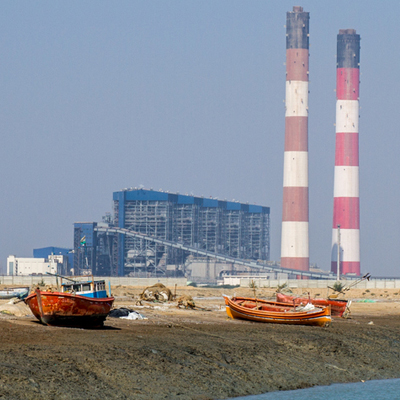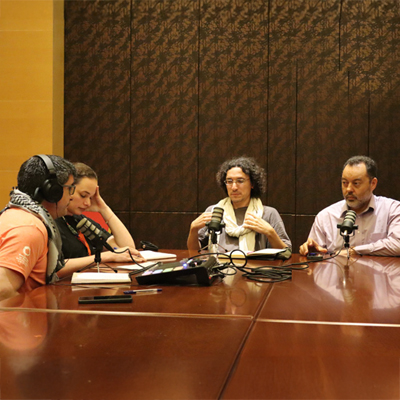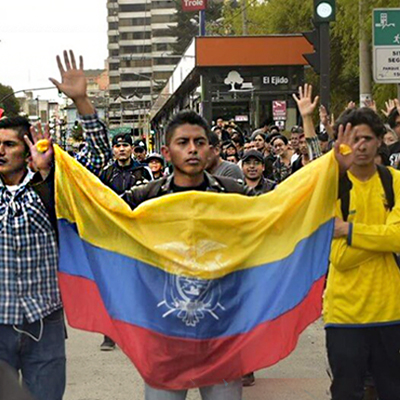An encouraging contribution
Land management and food production practices of traditional communities in Latin America
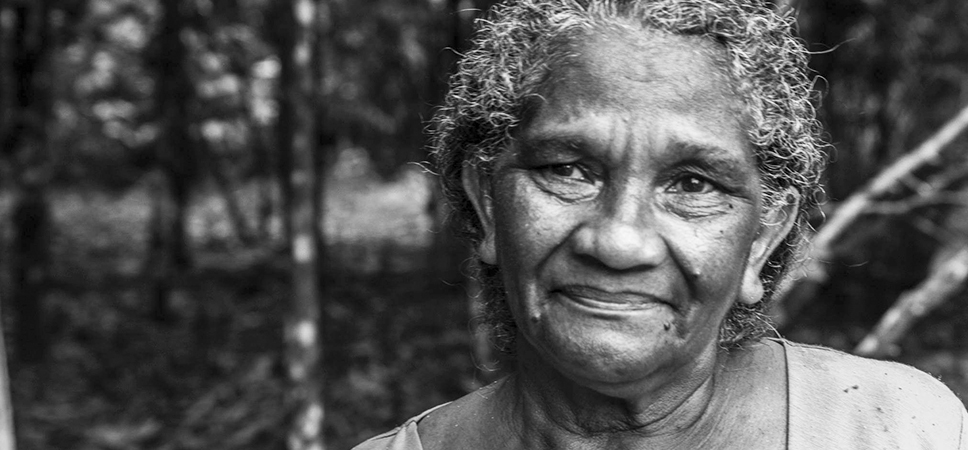 Real World Radio
Real World Radio
The publication “Manejo comunitario del territorio y soberanía alimentaria” (Community management of territory and food sovereignty) of Friends of the Earth Latin America and the Caribbean (ATALC) is a “hopeful contribution against the model of death that is being imposed in our territories,” said Mexican environmentalist Claudia Ramos.
The report, released on Wednesday by ATALC, contains several experiences in various regions of Latin America that “account for knowledge and development of agroecology practices, management, care and administration of the forest, by indigenous communities, peasants and Afro-descendants”, Claudia added in a dialogue with Real World Radio.
The activist is a member of Otros Mundos Chiapas – Friends of the Earth Mexico, an organization that is part of ATALC, and was one of the people in charge of the systematization, content and editing of the new publication. She was interviewed in our radio by Marie-Pia Rieublanc, also from Otros Mundos Chiapas.
The new document is a collective work of several organizations which are part of ATALC, led by the programs of Forests and Biodiversity and Food Sovereignty of that network of environmental organizations in Latin America and the Caribbean. The work includes the political position of the network, with the clear awareness that the local communities in the territories are the ones that have traditionally developed the analyzed practices.
According to Claudia, ATALC expects the work will contribute to deepen the discussion with allied social organizations and movements on community forest management and practices in the territories of local communities, outside the processes of the so-called “green economy”.
“For us, territory means the space beyond the geographical delimitation where peoples and communities coexist with our environment, forest, water. It is where we develop our daily life, our spirituality is resignified; for example, our culture. And it is a space that we appropriate and that we also defend,” Claudia explained. “This is within the framework of a deeper analysis of what these peoples and communities around Latin America have already taught us, on why to defend the territory, biodiversity, our knowledge, our agricultural systems.”
Experiences reported and analyzed in the new document take place in Brazil, Argentina, Uruguay, Guatemala, Mexico and Colombia, among other countries. They also highlight the role of women in the processes of care and agroecological management, and their political role in the defense and management of the lands, which implies their participation in the processes of community organization and decision making, for instance. All of this in a context of sexist violence that sometimes is echoed within communities, as Claudia warned.
The activist from Otros Mundos Chiapas added in the interview that collective work has led ATALC to confirm that “the extractive model, the green economy, agribusiness and the financialization of nature, not only cause ecological destruction and material death, but also irreparable damage, extermination of cultures, biodiversity and traditional ways of life. It is noticeable that these injustices affect land, water, biodiversity, and people as well; their bodies, their autonomy and self-determination,” she said.
On the other hand, “thanks to the knowledge and populations in the territories, we have been able to survive,” Claudia assured. “There are data showing that traditional and indigenous communities with forest management and administration have achieved greater coexistence and conservation (in the broadest sense of the word); of forest massifs, for example,” she explained. “It has to do with an interconnection in which human beings are part of nature.”



